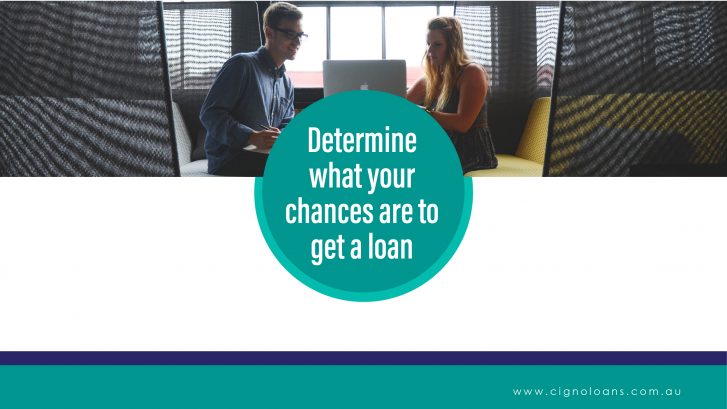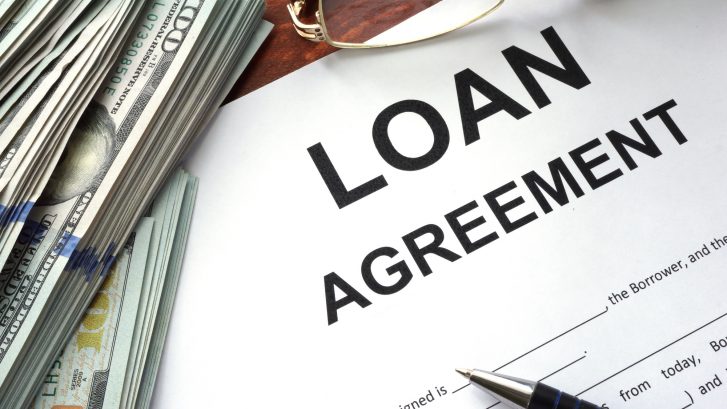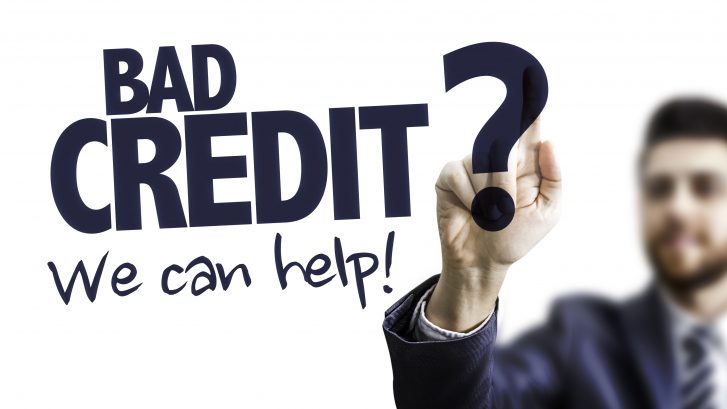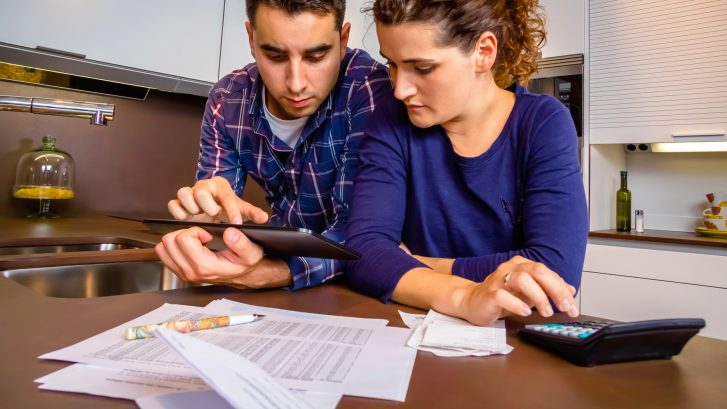Bad Financial Habits Sending Aussies Broke
One-third of Aussies admit bad financial habits such as not knowing how to budget, using cash advances on credit cards, racking up late fees on credit facilities, and not paying attention to debt are the reasons for their personal debt situation.
People who experience money problems and chronic debt often share similar behaviours and financial habits. By watching out for the following bad habit behaviours, based on research by Lonergan Research, you might be able to adjust and reassess your approach to debt.
Impulse & Lifestyle Buying
Fact: 54% of Australians say that big-ticket purchases such as a holiday, homewares/furniture, and education costs contribute to their debt.
Some of these purchases are necessary, or they drastically improve your quality of life, but others are pure impulse. Impulse buying occurs when you purchase something you weren’t planning to. It can be as small as a candy bar in the checkout line or as big as walking into a car dealership and walking out with a brand-new car. If it’s a purchase that’s not planned ahead of time, it’s an impulse.
Emotions can affect your decision on what to buy. Maybe it’s nothing extreme, you tell yourself it’s no big deal, you just want something nice for yourself to feel better. But how many times are you telling yourself that?
Try to create a budget that you actually stick to. A budget won’t make all of your money suddenly behave. It’s for you to decide where your money goes each month and then follow through with the plan. If you absolutely need to make a few minor impulse purchases, budget them in too! Just make sure to keep that portion of the budget contained and don’t let it get too big.
If it’s not in a budget, don’t spend the money. It’s that simple. You can do it!
Everyday Addiction

Fact: 44% of Australians say that everyday purchases such as take away food, eating out, and Uber Eats contribute to their debt.
The little purchases can add up, and at the end of the month, you can be facing severe buyer’s remorse and a dwindling bank account.
Figuring out what items to buy and how much you’ll spend on it really helps. You will less likely give into overspending with a plan in place.
Most consumers start by tracking the much bigger expenses, which is a great beginning. It’s also important to pay attention to those small daily purchases. Those morning coffees, lunches out, lottery tickets, or magazines from the grocery checkout line can really add up more than you think they would, and they affect your budget in a big way.
Tracking your expenses is vital as it makes you accountable for every time you spend. When you are aware of where your money goes, you can make smarter spending decisions and identify the areas you can cut back in. Use a budget tracking app or build yourself a spreadsheet—use the method that works best for you!
Debt Is Out of Sight Out of Mind
Fact: 31% of Australians say that poor management such as not knowing how to budget, not paying attention to debt, or raking up late fees and cash advances contributes to their debt.
When you tune out during debt conversations, you develop risky habits that could put you in a worse situation. People who tend to ignore their debt may engage in wilfully ignorant behaviour. Ripping up bills and statements before opening them, avoiding phone calls from collection agencies, and becoming defensive when debt is discussed. They often don’t even know how much debt they owe.
Taking an “out of sight, out of mind” attitude towards what you owe is dangerous, and it only encourages those bad habits. You don’t have to like it, but you do have to acknowledge your debt.
Get in the habit of readily and calmly opening any bills. The more you are familiar with it, the more informed you are about it, the better prepared you can be to face your debt.
Once you figured out how much you owe, work out your payment plans. If you owe a lot to various creditors, pay your fixed bills and utility first. Then focus on the one with the smallest balance. This way is more achievable, and paying off the last balance can motivate you to move onto the next one.
Credit Mismanagement

Fact: 48% of Australians say that debt is at least partially due to mismanaged and maxed out credit cards, going over spending limits, frequently making purchases with AfterPay and other BNPL services, or making purchases late at night in an attempt to rort the credit card approval system.
The problem with overspending, in particular with credit cards, is that it leads to owing more money back, and that will only hurt your credit score. It makes paying off your balance harder and more expensive, getting you into debt. The good news is for most people, you are in control of your credit card spending, which means you can avoid overspending with the proper guidance.
Set your own credit card spending limit. Allow yourself to spend a certain amount each month, based on your income and standard expenses. Monitor your credit card balance and make sure you’re not exceeding your limit. Ask your credit card issuer to lower your credit limit if it will help you keep your credit card spending in check.
Do not think of your credit card as free money. Remember that you will have to repay whatever you borrowed. Hold yourself accountable for your credit card spending and treat it as if you were actually using cash.
If you liked our “Bad Financial Habits Sending Aussies Broke” and took away some valuable information, check our blog space regularly for more budgeting tips and tricks and other useful resources on your finances.






